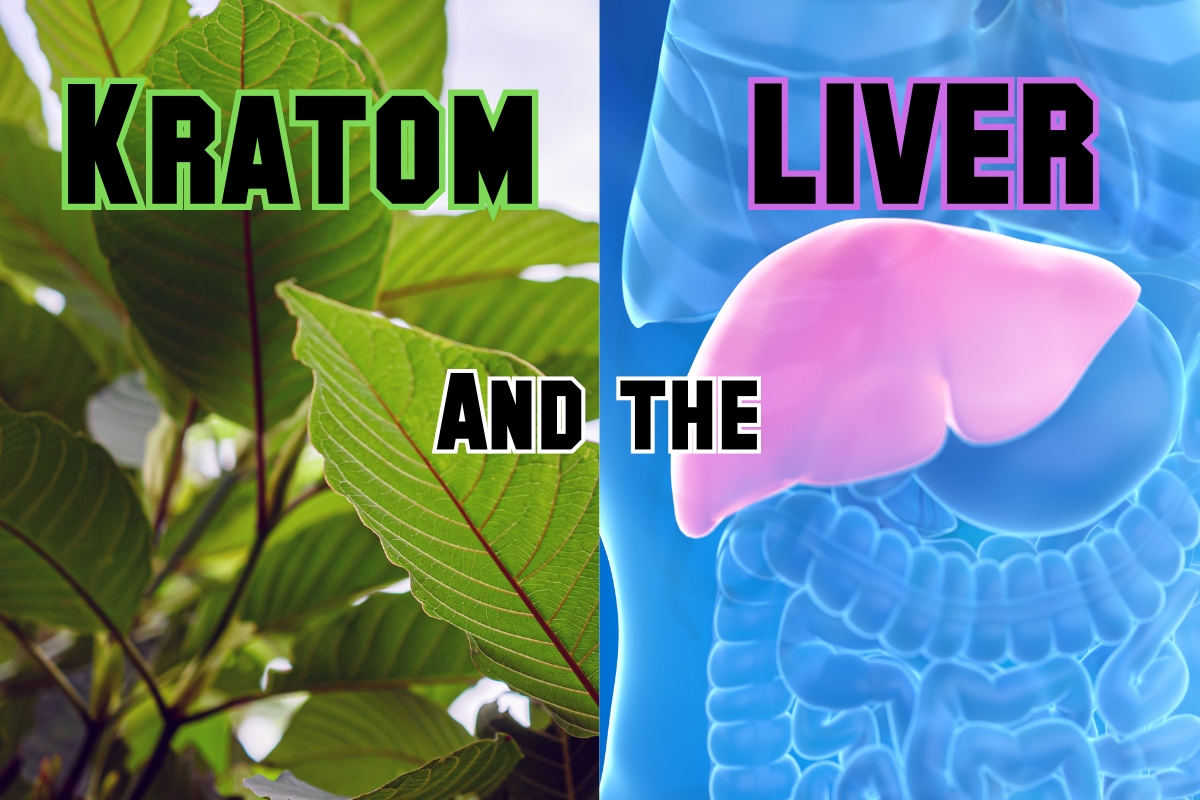Is Kratom Bad for Your Liver?
One of the biggest questions people ask is: Does kratom cause liver damage?
Headlines sometimes suggest “kratom liver toxicity,” but the science tells a very different story.
Kratom has been used safely in Southeast Asia for over 1,000 years. Millions of people chew the leaves or brew them into tea daily, and in all that time there has never been evidence of widespread liver problems linked to kratom.
When I traveled to Indonesia and asked locals whether kratom was known to damage the liver, they literally laughed at the question. To them, kratom is just another daily plant — not a liver toxin.
So why do U.S. headlines keep warning about “kratom liver injury”?
Case Reports of Kratom Liver Damage: What They Really Mean
Most of the fear around kratom and the liver comes from case reports. These are anecdotal write-ups by doctors, not large studies. And they don’t prove causation.
Case reports don’t rule out:
- Other substances (alcohol, acetaminophen, prescription drugs)
- Underlying conditions (like hepatitis, obesity, or genetics)
- Poly-drug use (common in reported cases)
In other words: correlation does not equal causation. Just because kratom shows up in a report doesn’t mean it caused the problem.
LiverTox and the Numbers That Matter
The NIH’s LiverTox database lists only about two dozen cases of possible kratom-related liver injury. Even then, the word is possible — not proven.
Now compare that to real-world use:
- There are an estimated 15–20 million kratom users in the U.S.
- That works out to just 1–2 cases per million users (≈0.00012%–0.00016%).
- By contrast, the odds of being struck by lightning in your lifetime are about 1 in 15,000 (≈0.006%).
In other words, you’re dozens of times more likely to be hit by lightning than to appear in a published case of kratom liver injury.
And let’s not forget Tylenol. Acetaminophen is the leading cause of acute liver failure in the U.S. — yet it’s sold over the counter. By comparison, kratom looks remarkably safe.
The Rat Study Everyone Mentions
Critics often cite a 2015 rat study where researchers gave rats 500 mg/kg of mitragynine daily for 28 days. https://www.frontiersin.org/journals/neuroscience/articles/10.3389/fnins.2015.00189/full
This study showed stress on the rats’ liver, so that means it must be harmful, correct?
Here’s what that really means:
- For a 190-lb (86 kg) human: that’s 43,000 mg of pure mitragynine per day.
- Since kratom leaf averages 1.4% mitragynine, that equals over 3 kilograms (6+ pounds) of kratom powder daily.
- That’s 600–1,500 servings every single day for a month
No human consumes kratom anywhere near that level. The study doesn’t reflect real-world use — only extreme lab conditions. Anything, in extreme amounts, can be toxic.
FDA’s Mixed Messages on Kratom and the Liver
The first wave of alarm over “kratom liver injury” came during the tenure of Scott Gottlieb, then FDA Commissioner. Gottlieb went on an anti-kratom campaign, repeatedly warning the public and even sparring on Twitter with Dr. Brett Giroir, the former Assistant Secretary of Health at HHS, who openly challenged his claims.
Years later, the FDA released its own in-house study showing that kratom “appears to be safe even at high dose levels.” But by then, the damage to kratom’s reputation had already been done. Hospitals, researchers, and news outlets had internalized the earlier rhetoric — and many still cite those outdated warnings today.
Even the current FDA Commissioner has admitted that millions of Americans use kratom leaf safely. Yet the early hysteria continues to overshadow the science, leaving the public with a distorted view of the plant and its risks.
Adulteration and Extracts: The Real Risk
Another factor often ignored in “kratom liver toxicity” reports is product quality.
In Southeast Asia, kratom is consumed as a simple tea or chewed leaf. In the U.S., some products are adulterated or contaminated, and homemade extracts may use improper solvents like methanol or acetone that can harm the liver on their own.
If someone reacts badly to a contaminated extract, it’s misleading to blame the kratom leaf itself.
My Experience as a Vendor
I’ve been a kratom vendor for over a decade, working directly with hundreds of thousands of people across the country. If kratom were truly causing widespread liver damage, I would be one of the first to know. But the opposite has been true.
Clients tell me kratom has never caused them liver problems — and many even say their liver health actually improved after leaving pharmaceuticals or alcohol behind.
In all my years, I’ve only ever had one client say kratom raised their liver enzymes. And even then, it was just their report — while hundreds of thousands of others experienced no such issue. The ratio speaks for itself.
The Bottom Line on Kratom and the Liver
After a thousand years of use in Southeast Asia, there is no evidence of widespread liver damage from kratom.
The science shows:
- Liver injury cases are vanishingly rare compared to the size of the kratom-using population.
- Animal studies use impossible doses that don’t reflect human consumption.
- Adulteration and solvents are more likely culprits than kratom leaf.
- The risk is far lower than everyday substances like Tylenol or alcohol.
So, is kratom bad for your liver? For the overwhelming majority, no. The evidence suggests kratom is low risk for liver health, especially when consumed in its natural form.
*Disclaimer*
I am not a doctor, and this blog is not medical advice. The information shared here is based on published research, expert testimony, and firsthand experience. If you have concerns about your health, liver function, or kratom use, please consult with a qualified healthcare professional.







0 Comments